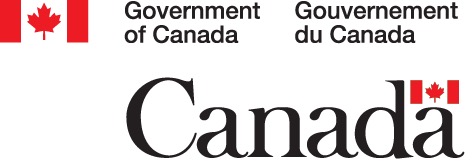
Minister Blasts Google for ‘Trying to Intimidate Canadians’ on Streaming Bill

Heritage Minister Pablo Rodriguez said he doesn’t appreciate Google “trying to intimidate Canadians” over the Liberal government’s controversial Online Streaming Act, also known as Bill C-11 — reports CityNews Ottawa.
Earlier this week, Google published a blog post speaking out against Bill C-11. The tech giant said that Bill C-11 could “disadvantage the Canadian creators” and urged Canadians to “keep Youtube yours.”
Google has teamed up with consumer advocacy group OpenMedia to oppose Bill C-11 and urge the Senate to reconsider passing it in its current form.
In response to Google’s claims, Rodriguez argued that Bill C-11 is designed to simply obligate streaming companies to contribute to Canadian media and culture. YouTube, which is owned by Google’s parent company, Alphabet, is one of Bill C-11’s largest targets.
If the Online Streaming Act passes, the Canadian Radio-television Telecommunications Commission (CRTC) will gain regulatory authority over YouTube and other streamers. Streaming companies will be required to promote Canadian TV shows, movies, videos, and music on their platforms like traditional broadcasters currently are. They will also have to invest in the production of Canadian content.
YouTube executive Jeanette Patell said that the amendments Google is seeking will not affect its spending on Canadian content. Last month, Patell told a Senate committee that Bill C-11 gives far too much power to the CRTC, possibly putting even user-generated content under the regulator’s purview.
Furthermore, YouTube has argued that Bill C-11 could significantly hurt Canadian creators and the discoverability of their content by forcing platforms to change their algorithms. In June, CRTC chairman Ian Scott confirmed that Bill C-11 would allow the regulator to influence content streaming companies’ algorithms.
Patell said in a statement that YouTube will continue to engage “constructively and transparently” with the Canadian government on the matter.
“We strongly believe that we have a responsibility to inform Canadian users and creators of how this bill could impact their YouTube experience, and in some cases their livelihoods,” Patell said.
Bill C-11 was passed by the House of Commons back in June. It is currently making its way through the Senate. If senators approve any amendments to Bill C-11, it would have to pass through the House of Commons once again before becoming law.

